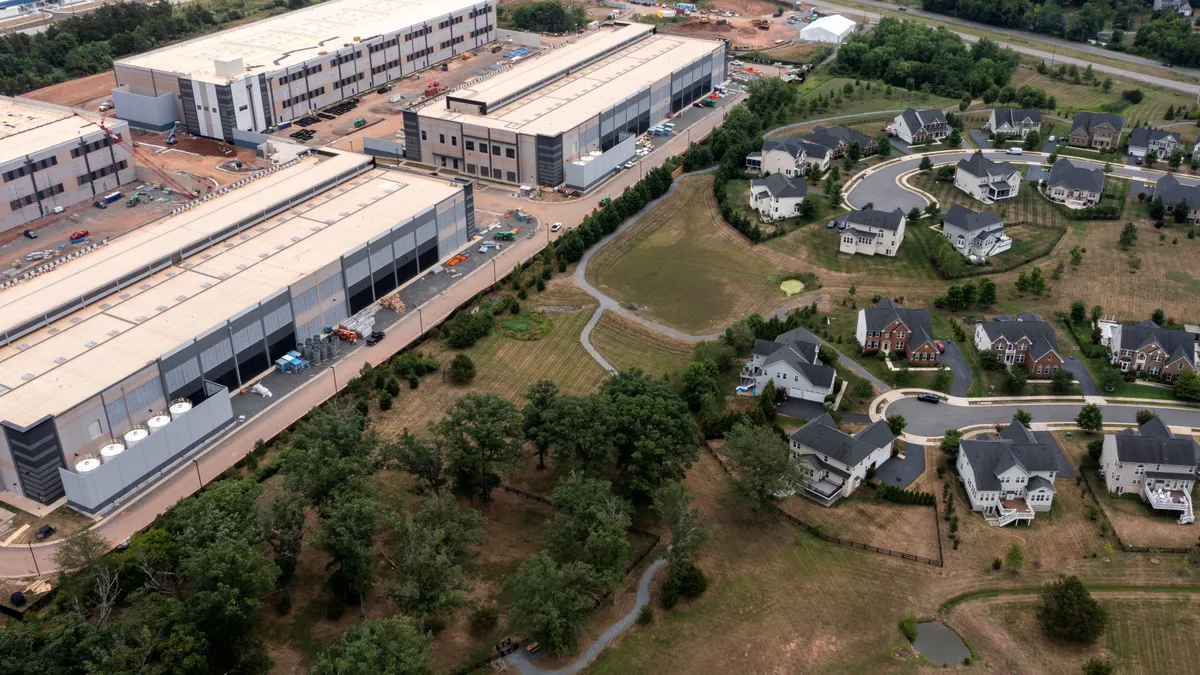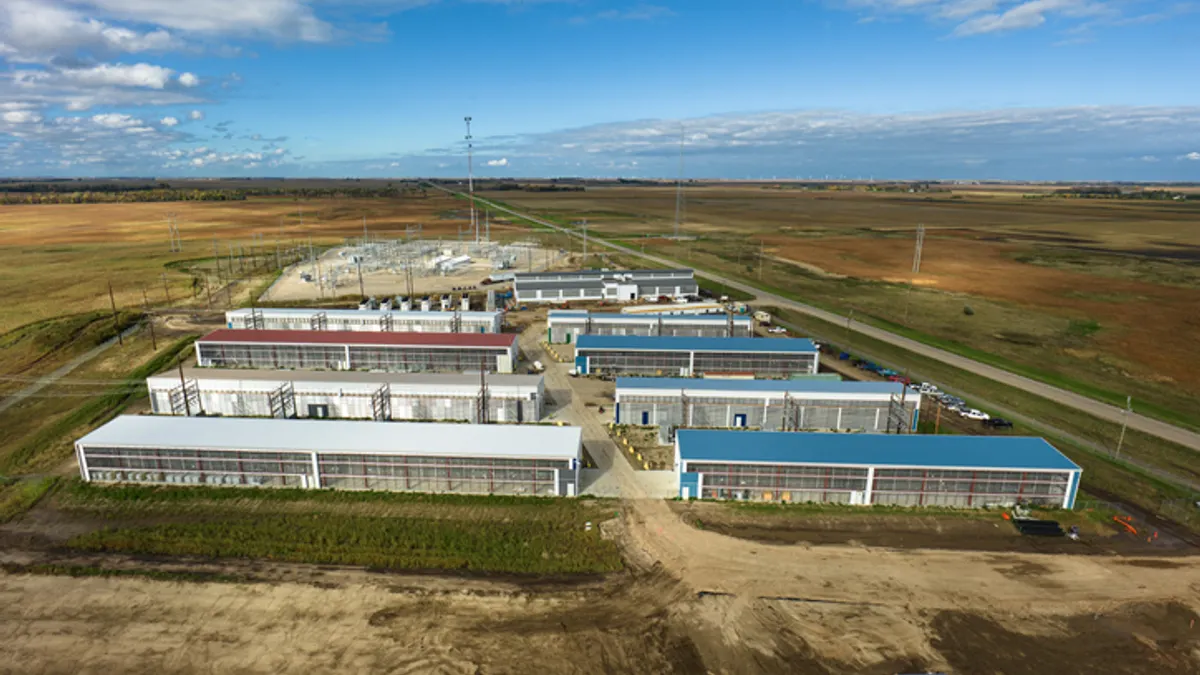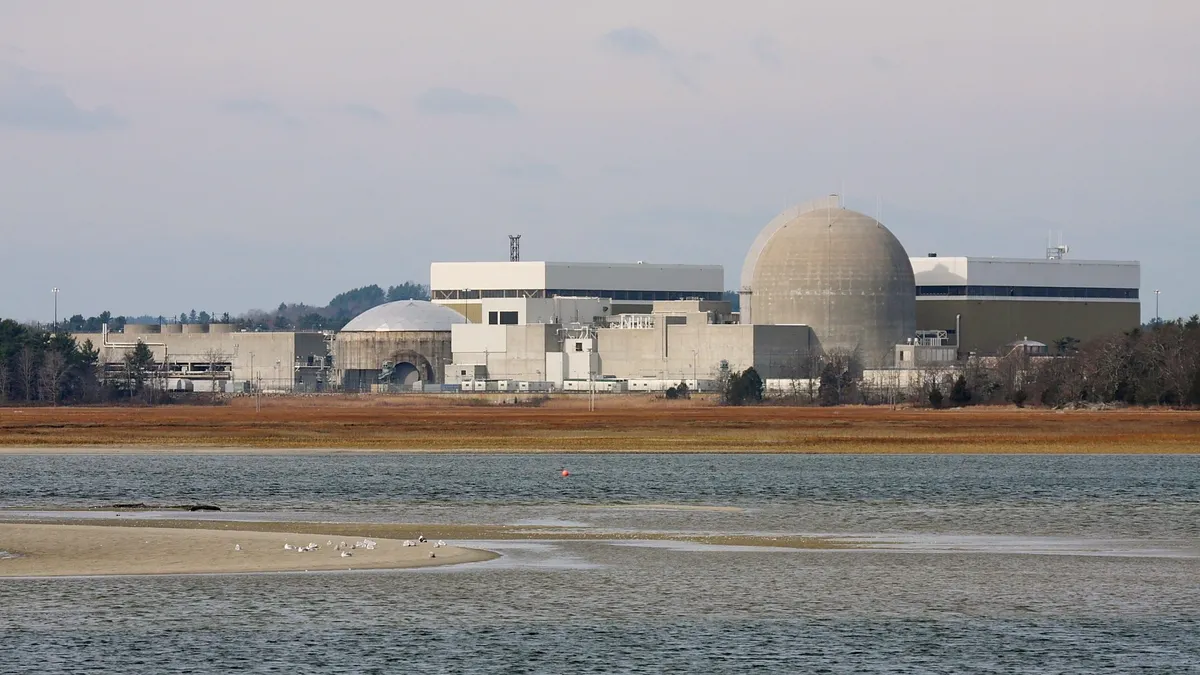Hawaii Public Utilities Commission Chair Randy Iwase lifted the veil on recent regulatory developments in his state on Wednesday, telling an energy conference audience that he stands by the decision to reject a buyout of the state’s dominant utilities.
“I am very comfortable with that decision and I think it was the right decision,” Iwase told the Maui Energy Conference.
In July of last year, the Hawaii PUC rejected NextEra Energy’s $4.3 billion bid to acquire Hawaiian Electric Industries, the parent company of the state’s dominant utilities. The decision came after nearly two years of debate, thousands of pages of testimony and evidence filed with regulators.
The proposal attracted attention from mainstream politicians and the public unseen in most utility mergers. Gov. David Ige announcing his opposition to the deal in June of 2015, and despite an extensive advertising campaign from NextEra, polls showed a majority of Hawaii residents opposed to the deal.
The PUC’s responsibility, Iwase said, was to ignore that “white noise.”
“Our job is to look at the facts and the law and not be persuaded because of lobbying or good public relations,” he said. “We have to block that out and we did. We did our job”
In evaluating the merger proposal, the PUC chair said the regulatory body attempted to open the comment and testimony process to a wide swath of intervenors.
“We wanted to ensure we had a broad cross-representation of parties, and we did that,” he said. “We allowed all parties to participate — either present testimony, cross examine witnesses, or present evidence.”
After evaluating that testimony, Iwase said the commissioners “came to the conclusion that this application was not in the public interest.”
The merger was rejected in a 2-0 vote with one abstention from newly-appointed Commissioner Tom Gorak. Gorak, the former PUC chief counsel, was named to the body by Gov. Ige shortly before the acquisition vote, after the term of former Commissioner Mike Champley ended at the beginning of July.
The regulatory reshuffling raised concerns by some merger supporters that the governor may be trying to influence the regulatory process, but Iwase said the decision would have come down the same either way.
“It was a 2-0 vote,” he said.
In the months since the merger decision, media reports indicated that other companies may be interested in acquiring Hawaiian Electric, including Twenty-First Century Utilities, a nascent utility holding company based in D.C.
The company sent a group of executives to the conference and was seen meeting with senior HEI executives and other Hawaii stakeholders at the conference. TFC executives, however, maintained that they are “just visiting.”
No matter the nature of the conversations, Iwase said regulators have not been approached with any plans for new merger proposals. But, he added, the first conversations would likely not start with them.
“We should not be the first person you come to,” if you want a merger, Iwase said. “You should go to the electric utility because you have to satisfy their stockholders and board.”
Speeding up PUC proceedings
Despite the nearly two-year merger evaluation process, Iwase said his commission has also been able to issue decisions on a number of important utility proceedings concerning demand response, distributed energy resources, decoupling, and Hawaiian Electric’s Power Supply Improvement Plan (PSIP).
“We’ve been able to move forward more aggressively,” Iwase said, “even with the massive case called NextEra.”
Moving forward, Iwase said one of his priorities will be to shorten the review and decision process at the PUC. The PSIP, for instance, is currently on its third version being evaluated before the commission, a process that dates back to 2014.
“We’re not going to be sending it back,” Iwase said, “to come back for more discussion. We have said to them give us the plan so we can say yes or no or modify it.”
Iwase expects an expanded PUC staff to help move dockets along. Since December 2015, the PUC staff grew from 30 to about 60 employees.
“I’ve kind of told the staff to have an internal clock on how long you think these reviews will take,” Iwase said. “If you’re a lawyer, you should know that.”
In the near-term future, Iwase expects the PUC to issue an order outlining Phase 2 of their DER compensation docket in the coming months. Phase 1 concluded in Oct. 2015 with the PUC rescinding retail rate net metering and replacing it with two new compensation options for solar owners.
“We’re going to look at where are we going given the issues with the grid and the amount of solar that’s being fed back to the grid,” Iwase said.
Along with speeding up proceedings, Iwase said his PUC will also make efforts to familiarize “the person at the bus stop” with complex energy issues.
“Make it meaningful to that person,” he said, “because those people are going to play a key role in shaping where we can go, how far, and how fast."





















